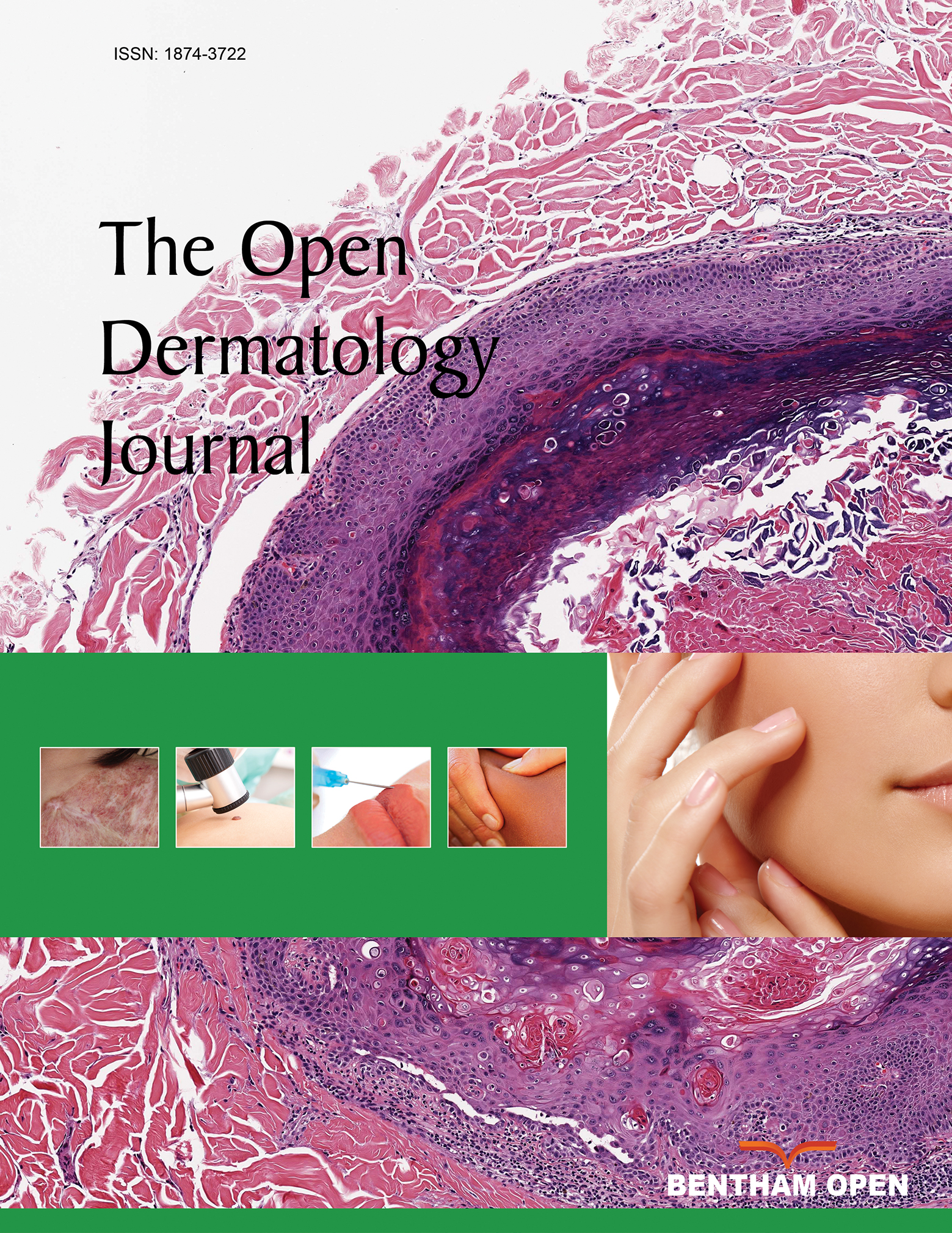All published articles of this journal are available on ScienceDirect.
Efficacy of Autologous Serum Therapy in Chronic Urticaria, A Prospective Experimental Cohort Study
Abstract
Background:
Chronic Urticaria is one of the most therapeutic difficulties confronted by a dermatologist.
Objective:
The objective of this study is to estimate the efficacy of Autologous Serum Therapy (AST) in Chronic Urticaria patients and compare the efficacy of AST in each group of Autologous Serum Skin Test (ASST) positive and negative.
Methods:
A prospective study was conducted for the period of one year (July 2020 – July 2021) at Tishreen University Hospital. We enrolled 50 patients suffering from Chronic Urticaria. ASST was done for all patients before the treatment. We gave patients 9 injections of Autologous Serum intramuscularly once a week. The response to AST was evaluated by using Urticaria Total Severity Score (UTSS) before the treatment (0 weeks), after the treatment (9 weeks), and followed up for 3 months after the end of the treatment (21 weeks).
Results:
Between 50 patients, the sample was distributed equally in each group of ASST (positive and negative). 18 patients (36%) had an excellent response, 7 patients (14%) had a very good response, 11 patients (22%) had a good response, and 14 patients (28%) had no response. The treatment was effective in both ASST positive and negative groups, however, there was no significant relationship in response between the two groups.
There was a significant relationship between clinical response and severity of disease p-value = 0.04, the majority of excellent response cases (88.9%) had severe disease before the treatment.
Limitations:
The main limitations of our study were the lack of patients and the short follow-up period (12 weeks).
Conclusion:
AST was effective in treating Chronic Urticaria without side effects. There was a significant response in both ASST positive and negative groups.


